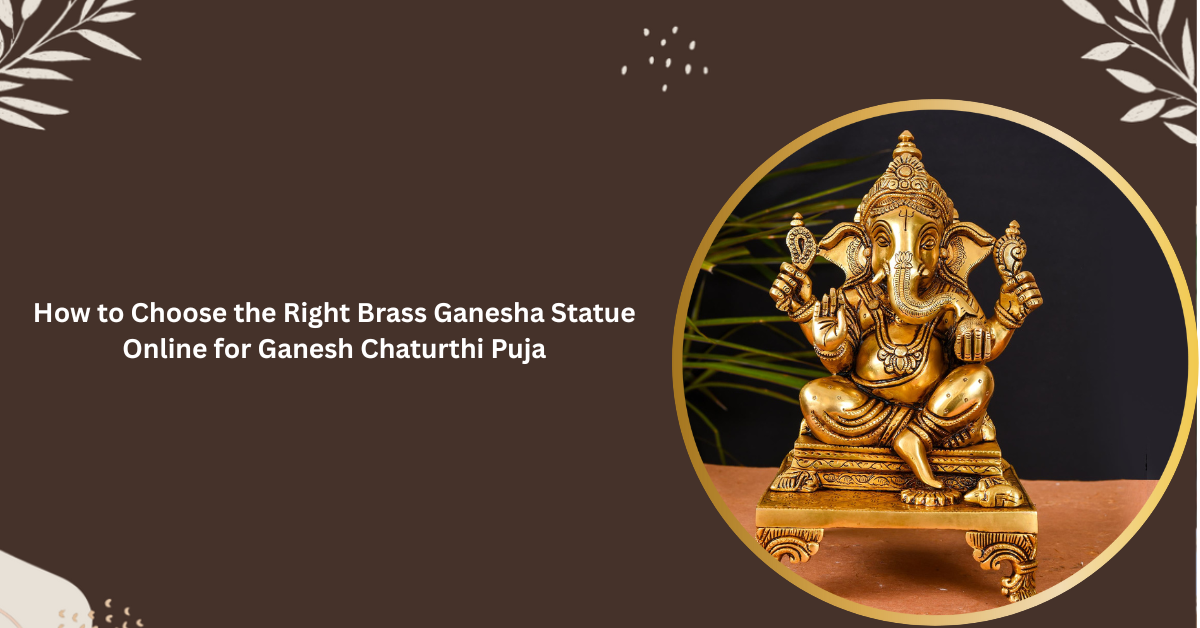

Bhagavad Gita: Timeless Lessons to Learn
, by javed techqart, 9 min reading time
The Bhagavad Gita is a sacred text from ancient India, part of the Mahabharata. It's a conversation between Prince Arjuna and Lord Krishna, his charioteer. The Gita addresses dilemmas about life, duty, and spirituality.
The Bhagavad Gita offers timeless wisdom applicable to modern life. Its teachings help people navigate challenges, find purpose, and lead fulfilling lives. The Gita provides valuable insights on ethics, morality, and personal growth in a fast-paced world.
Lesson 1: Doing the Right Thing
In the Bhagavad Gita, Dharma refers to duty, righteousness, and moral responsibility. It's about doing what is right based on one's position and circumstances. Dharma guides individuals to make choices aligned with truth and goodness.
Understanding Dharma helps us lead meaningful lives and make ethical decisions. By recognizing our duties and responsibilities, we contribute positively to society and uphold moral principles. Dharma fosters harmony, integrity, and a sense of purpose in our actions.
Lesson 2: Life is Always Changing
In the Bhagavad Gita, it's taught that life is always changing. Nothing remains fixed or permanent. As seasons change, our circumstances, feelings, and experiences also fluctuate. Understanding this constant change helps us accept life's unpredictability.
Learning to navigate life's ups and downs is essential. When things are good, it's important to remain humble and grateful. When facing challenges, remembering that tough times are temporary can provide hope and strength. The Bhagavad Gita teaches us to maintain balance, resilience, and inner peace amidst life's ever-changing nature.
Lesson 3: Knowing Yourself
Knowing yourself means understanding your thoughts, feelings, strengths, weaknesses, and values. The Bhagavad Gita emphasizes self-awareness as a crucial aspect of personal growth and spiritual development. By exploring our inner selves, we gain clarity about our aspirations, beliefs, and purpose in life.
Understanding ourselves is vital for personal growth and fulfillment. It helps us make informed decisions, build healthier relationships, and pursue paths aligned with our true selves. Self-awareness fosters authenticity, confidence, and resilience, enabling us to navigate life's challenges with clarity and integrity.
Lesson 4: Letting Go and Staying Calm
Lord Krishna advises against becoming overly attached to outcomes, possessions, or relationships in the Bhagavad Gita. Attachment breeds dependence and suffering. By practicing detachment, we free ourselves from the grip of desire and find inner peace.
Staying calm in tough times requires inner strength and resilience. The Bhagavad Gita teaches mindfulness, meditation, and surrender techniques to cope with challenges. We cultivate a sense of serenity amidst life's storms by letting go of worries and trusting in a higher power.
Lesson 5: Finding Strength in Devotion
Devotion, or Bhakti, in the Bhagavad Gita, means unwavering love and dedication to something greater than oneself, such as God, truth, or a noble cause. Devotion fosters a deep sense of connection, purpose, and joy in life.
Devotion enriches life by providing solace, guidance, and inspiration. It offers a sense of belonging and meaning, especially during challenging times. Devotional practices like prayer, chanting, and service cultivate virtues such as compassion, gratitude, and humility, leading to a more fulfilling and harmonious existence.
Lesson 6: Beating Fear and Doubt
Lord Krishna teaches Arjuna to overcome fear and doubt by focusing on duty and inner strength in the Bhagavad Gita. He advises Arjuna to detach himself from the results of his actions and instead concentrate on performing his duties with dedication and righteousness.
To deal with worries and uncertainties, the Gita suggests mindfulness, self-reflection, and surrendering to a higher power. By acknowledging our fears and doubts and confronting them with courage and clarity, we can transcend them and move forward confidently.
Confidence is built through self-awareness, self-belief, and resilience. The Bhagavad Gita emphasizes cultivating faith in oneself and one's abilities. By embracing challenges as opportunities for growth and learning, we strengthen our confidence and develop the resilience to face life's adversities.
Lesson 7: Paths to Feeling Free
The Bhagavad Gita presents various paths to spiritual freedom, catering to different temperaments and inclinations. These paths include Karma Yoga (the path of selfless action), Bhakti Yoga (the path of devotion), Jnana Yoga (the path of knowledge), and Raja Yoga (the path of meditation and self-discipline).
Each path offers unique practices and principles aimed at transcending the limitations of the ego and attaining union with the divine or higher reality. Whether through selfless service, devotion to a higher power, pursuit of knowledge, or meditation, individuals can find freedom from suffering and bondage by following the path that resonates most deeply with their inner nature.
Choosing the best path suits us involves introspection, discernment, and experimentation. It requires honest reflection on our beliefs, values, strengths, and inclinations. We can discern which path aligns most closely with our aspirations and goals by exploring different spiritual practices and traditions.
Lesson 8: Leading and Making Choices
In the Bhagavad Gita, leadership is portrayed as the ability to inspire and guide others with wisdom, compassion, and integrity. Lord Krishna, as a divine teacher, exemplifies leadership by offering guidance and support to Arjuna during his moment of crisis on the battlefield.
Leadership in the Gita emphasizes selflessness, courage, decisiveness, and service to others. It underscores the importance of leading by example and empowering others to fulfill their potential. Individuals can become effective leaders in their families, communities, and workplaces by cultivating these qualities.
Making good decisions in life requires clarity of purpose, ethical awareness, and discernment. The Bhagavad Gita provides insights into decision-making through its teachings on Dharma (righteous duty) and Karma (action).
Lesson 9: Keeping a Balanced Life
Maintaining a balanced life involves harmonizing various aspects of our existence, including work, relationships, health, and personal growth. The Bhagavad Gita advocates for balance as a key to inner peace and holistic well-being.
Finding the right balance requires prioritizing our time and energy according to our values and priorities. It involves setting boundaries, practicing self-care, and allocating resources mindfully. By nurturing our physical, emotional, mental, and spiritual dimensions, we can achieve equilibrium and vitality in our lives.
Tips for a well-rounded life:
- Prioritize activities that nourish your body, mind, and spirit.
- Set realistic goals and allocate time for rest and relaxation.
- Cultivate supportive relationships and spend quality time with loved ones.
- Practice mindfulness and stay present in the moment.
- Engage in activities that bring joy, fulfillment, and a sense of purpose.
- Embrace flexibility and adaptability in the face of life's challenges and changes.
Integrating these tips into our daily lives can foster balance, resilience, and fulfillment, leading to a more meaningful and harmonious existence.
Lesson 10: Always Be a Learner
The importance of having a teacher, or guru, is emphasized in the Bhagavad Gita. A guru serves as a guide, imparting knowledge, wisdom, and spiritual guidance to their disciples. The relationship between a student and a teacher is sacred, built on trust, respect, and mutual understanding.
Having a teacher provides valuable mentorship and support on our journey of self-discovery and personal growth. A guru helps us navigate life's challenges, deepen our understanding of spiritual truths, and cultivate virtues such as humility, devotion, and self-discipline.
Staying curious and open to learning is essential for personal and intellectual growth. The Bhagavad Gita encourages us to approach life with a beginner's mind, free from preconceptions and limitations. By remaining open-minded and receptive to new ideas, experiences, and perspectives, we expand our awareness and deepen our understanding of the world around us.
Learning is a lifelong journey that enriches our lives and broadens our horizons. It fosters creativity, resilience, and adaptability, enabling us to thrive in an ever-changing world. By embracing a spirit of curiosity and a thirst for knowledge, we discover new passions, uncover hidden talents, and unlock our full potential as human beings.
Bhagavad Gita Lessons
The Bhagavad Gita offers profound wisdom and timeless teachings relevant to our lives today. Through its lessons, we learn the importance of duty, self-awareness, detachment, devotion, courage, balance, leadership, and lifelong learning. These lessons guide us on a path of self-discovery, personal growth, and spiritual fulfillment.
As we reflect on the teachings of the Bhagavad Gita, let us strive to integrate these lessons into our daily lives. By embodying principles of righteousness, compassion, and mindfulness, we can create a more harmonious and fulfilling existence for ourselves and others. Let us embrace the journey of self-discovery and self-transformation with courage, humility, and an unwavering commitment to truth and goodness. Doing so can cultivate a life of purpose, joy, and inner peace.
Blog posts




